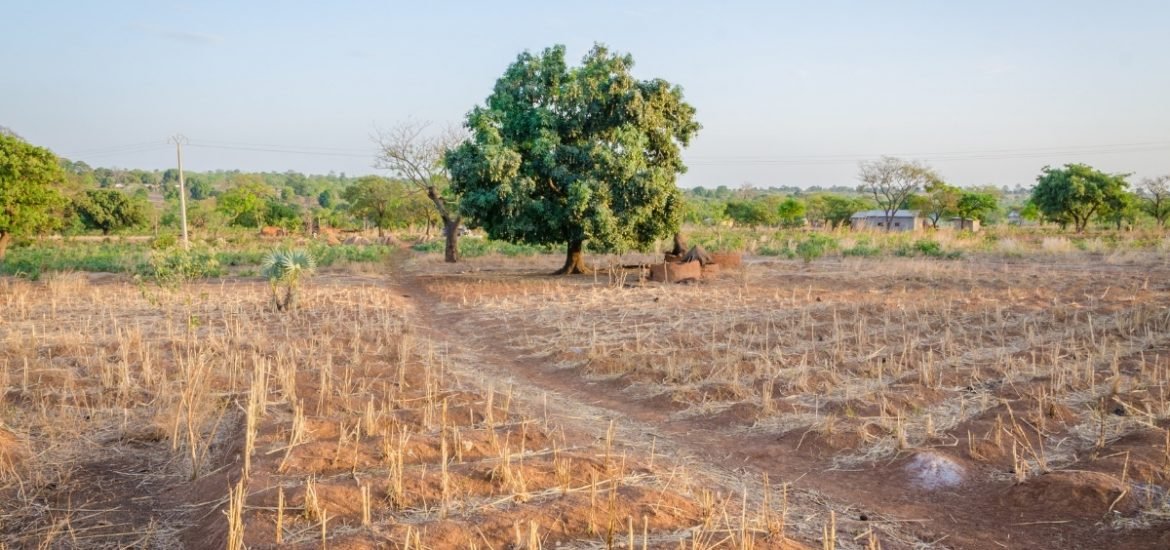
A new project announced on 24 September plans to aid developing countries in gathering data on small farms in an effort to promote rural development and reduce hunger, according to Nature News. The coalition, comprising the Food and Agriculture Organization of the United Nations (FAO), the Bill and Melinda Gates Foundation, as well as a number of national governments, aims to spend US$500 million (€424 million) in total over the next decade.
It is estimated that 500 million farmers live in poverty across 50 countries in Africa, Asia, and Latin America. The UN Sustainable Development Goals, which the UN refers to as “the blueprint to achieve a better and more sustainable future for all,” are targets that were set out in 2015 to reduce poverty and improve lives in the world’s poorest countries. One important goal is to double agricultural productivity and the incomes of small-scale farmers by 2030, part of a larger effort to eradicate hunger. But one of the major issues has been how to monitor progress― it is impossible to know whether a particular goal has been reached if there is no way of measuring success.
The new programme will run until 2030 gathering information on factors such as livestock holdings and crop yields using surveys ― developed separately by the FAO and the World Bank ― that have already been tested over a 10-year period in eight countries. The new surveys are designed to be fast and inexpensive, thereby allowing national governments to collect data before and after harvests every year.
The goal of the programme is to collect accurate information about the seed varieties, income, and technological capacity of farms that could be used to determine whether ongoing agriculture investments are adding value. Insights from the data could also allow governments to tailor policies toward helping small farmers. A lot of the current data on rural agriculture relies on individual nations reporting to the FAO. But the data is often incomplete and sometimes out of date by years or even decades. Moreover, governments of the poorest countries do not have adequate funds to regularly allocate to these tasks.
The coalition has promised an initial $36 million (€30 million) over three years starting from 2019. Another $200 million (€170 million) will be injected to see the project through to 2030. The remaining funds are expected to come from the participating governments and private donations. As part of the so-called 50 x 2030, technical support will be provided to governments so that they can implement strategies based on the data gathered in surveys but the final end game is to gradually shift financial responsibility over to the participating governments within a 10-year timeframe.
As an example, one of the countries that have been taking part in the pilot surveys is Uganda ― the country has been using the world bank survey since 2009 will begin using the FAO survey this year. Based on the survey data, problems with the availability of veterinary assistance for small farmers was highlighted and the Ugandan government has since been able to provide additional support thereby making veterinary care for livestock more easily accessible.
The new project is exciting as participates are pledging long-term commitment which is crucial to making valuable use of big data. Furthermore, the programme may lead to positive changes in how data is being used globally in the agricultural sector.